(Trigger warning: this piece may offend political correctness. The Humanist magazine’s editor wouldn’t publish it. It appears instead in the current issue of Free Inquiry — a publication living up to its name.)
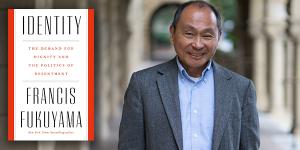
A key concept in The End of History was thymos. Man does not live by bread alone. Thymos is an ancient Greek word referring to a desire for status and dignity; recognition of one’s human worth. It looms large in all matters political. For example, the push for gay marriage was a thymotic quest by gay people. Similarly, the pay equity issue is more about respect than money.
Identity carries this idea forward, as it’s become central to understanding today’s political situation.

But it’s not that simple. “Who am I, really?” is a modern question. It would not have occurred to those in pre-modern societies where identity was totally, immutably fixed by social context. And while who you are outwardly may seem clear enough, your idea of personal identity rooted inside is a more slippery concept.
Fukuyama sees Rousseau (writing in the late 1700s) as seminal here. Rousseau idealized people in the state of nature, with society actually being a corrupting force, an obstacle to the realization of one’s human potential.
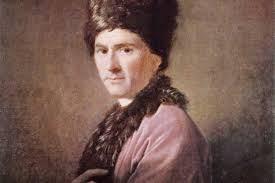
Fukuyama spells out his take on today’s evolved concept of identity: the distinction between inner and outer selves; valuation of the inner self above social demands; its dignity resting on moral freedom; in which all human beings share. But then we come to a fork in the road. One path emphasizes individual fulfillment, the other a collective identity. And while the latter, in the guise of overtly collectivist systems like communism has largely proven a dead end, collective identity has lately recrudesced in ethno-nationalism and politicized religion (not only among Muslims, but also American Christians).
One might have expected the 2008 economic crisis, with rising inequality and a stressed working class, to spark a big surge for the populist left. Yet the opposite happened, especially in the U.S., electing Trump, and in Britain’s Brexit (though both were close votes). Fukuyama finds the explanation in how economic motivations are intertwined with identity issues in human behavior.

But perhaps the left just hasn’t had a good answer for the economic problems coming to the fore. Fukuyama says the traditional left is now long on rhetoric but short on actual workable policies. The essence of its project — to increase socio-economic equality through state power — having reached its limits.
He also thinks it’s a problem that the principle of universal equal recognition has mutated into special recognition for particular groups. And those are mainly groups whom less educated working class whites don’t identify or feel solidarity with. Thus the left with its identity politics has actually lost touch with what used to be its own core identity group.

Fukuyama notes the rise of the “self esteem” idea, tying in with that of liberating and dignifying the inner self. And this points to another basic dichotomy: asking society to treat your group the same as others, versus demanding respect for its differentness. The latter, Fukuyama says, has tended to win out.
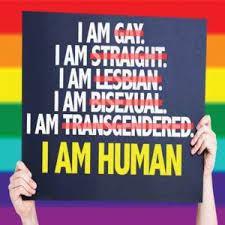
Hence Fukuyama sees the idea of common humanity getting submerged in a celebration of differences. As though the black experience cannot be appreciated by whites; the “lived experience” of women is inherently terra incognita to non-women. With the next step being to delegitimize any differing viewpoint. And he deems it ironic that all this valorizes only certain approved identities while actually barring respect for some others: white, Western, Christian — male! — etc.
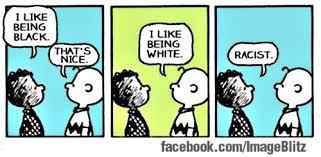
Note that while identity does come from inside oneself, most people actually conceive their identities in relation to other people: binding them with others in their groups, and also vis-a-vis other people whom they may see as not giving their group its due. Again, this centrifugal tendency among groups can unravel a liberal democracy whose organizing concept is groups coexisting, accepting each other’s legitimacy.
That’s a problem within a society. Then there’s nationalism, looking outward. The concern, Fukuyama writes, is not with nationalism per se but with a narrow, ethnically-based, intolerant form that it has widely taken. There’s a better alternative: building national identity around a set of positive values.
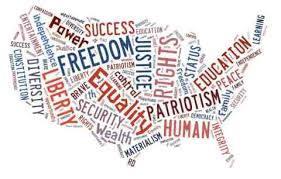
Some actually see America as traducing such ideals, epitomized by Howard Zinn’s book, A People’s History of the United States, a litany of oppression, injustice, and illiberalism. Missing there is any sense of America’s progress in ameliorating and overcoming its defects. Which, for Fukuyama in contrast, is the real story.

And so immigration doesn’t threaten our national identity — to the contrary, immigrants actually embody it more faithfully than do many native-born Americans who, for all their flag-waving, have lost their own consciousness of the nation’s true ideals and values.

